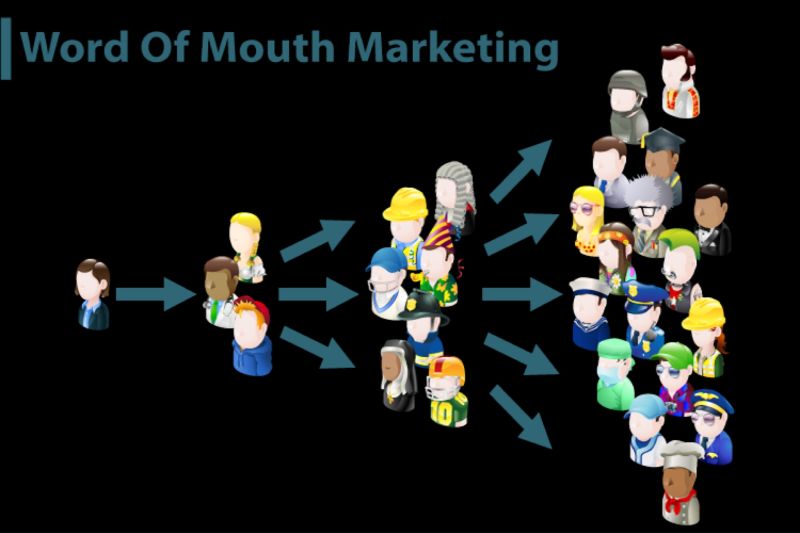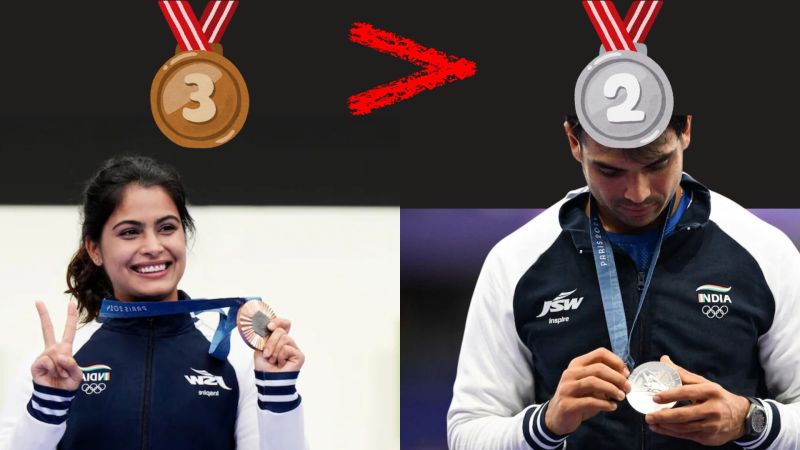Our Capabilites
| Digital Strategy & Planning | Performance Marketing | Content & Creative Services | Reputation Management | Personal Brand Building |
|---|---|---|---|---|
| Digital Audit & Market Research | Search Engine Marketing (SEM) | Social Media Content Creation | Online Reputation Analysis | Personal Branding Strategy |
| Competitor Analysis | Pay-Per-Click (PPC) Campaigns | Graphic Design & Video Production | Review & Rating Management | Influencer & Thought Leadership Strategy |
| Audience Segmentation | Social Media Advertising | Blogging & Copywriting | Crisis Management | LinkedIn & Twitter Profile Optimization |
| Channel & Platform Strategy | Display & Programmatic Ads | SEO Content Optimization | Social Listening & Monitoring | Online Presence Management |
| Data & Analytics Strategy | Retargeting & Remarketing | Creative Campaign Strategy | Brand Sentiment Analysis | Content & Media Training |
| Campaign Planning & Execution | Affiliate Marketing | Email Marketing | Media Relations | Community Building & Engagement |
| Conversion Rate Optimization (CRO) | Conversion Tracking | Website Content Development | PR Campaigns | Video Content Creation for Personal Branding |
| Marketing Funnel Strategy | Performance Analytics | Interactive Content (Polls, Quizzes) | Influencer Reputation Management | Thought Leadership Content |
| KPI & Goal Setting | ROI & Budget Management | 2D/3D Animated Content | Reputation Restoration | Personal Website & Blog Management |
| Innovation & Trend Adaptation | Lead Generation Campaigns | Brand Storytelling | Brand Equity Building | Podcast & Webinar Hosting |
Screenshots
Our FAQ's
-
Digital marketing and traditional marketing both have their strengths. Digital marketing excels in precise targeting, real-time data tracking, and adaptability. It’s ideal for brands aiming to reach online audiences with measurable results. Traditional marketing—like TV, print, and radio—can be powerful for broader, localized campaigns, especially when reaching offline audiences. Both can be combined for a robust marketing strategy, depending on business goals.
-
Digital marketing is a broad term encompassing all online promotional activities. E-commerce focuses on buying and selling online, while social media marketing specifically targets platforms like Instagram and LinkedIn to build brand presence. Advertising, whether digital or traditional, refers to paid media placements aimed at audience awareness and conversion. Together, these elements form a cohesive strategy to drive engagement, sales, and brand loyalty.
-
Absolutely! Digital marketing offers cost-effective ways to generate leads and conversions. With targeted campaigns and data insights, businesses can optimize their marketing spend and maximize ROI. For instance, social media ads and SEO can generate organic traffic and sales, making digital marketing a revenue-driving asset for businesses of all sizes.
-
Digital marketing enhances event promotion by reaching a larger, targeted audience online. It includes event landing pages, social media campaigns, email marketing, and online ads to boost registrations and engagement. Real-time updates and live streaming can increase reach, while post-event follow-ups nurture attendee relationships, driving future participation.
-
Digital marketing is vital for MSMEs, offering cost-effective ways to build brand awareness and connect with target audiences. With services like social media, Google Ads, and local SEO, MSMEs can reach customers in their area, compete with larger players, and grow their digital presence without needing a large budget.
-
AI enhances digital marketing by enabling personalization, predictive analytics, and efficient data processing. Chatbots, for example, improve customer support, while AI-driven tools analyze customer behavior to inform better targeting and content creation. This allows brands to deliver relevant, timely messages that resonate with their audience.
-
Key tools include Google Analytics (for data analysis), SEMrush and Ahrefs (for SEO), Hootsuite and Buffer (for social media management), and Mailchimp (for email marketing). These tools help track performance, optimize content, manage campaigns, and ensure effective communication across digital channels.
-
Agencies bring specialized skills, industry insights, and access to advanced tools, ensuring campaigns are effective and optimized for success. By handling digital strategies, content creation, and analytics, they allow businesses to focus on core operations while benefiting from expert guidance in reaching their marketing goals.
-
A digital marketing agency develops strategies, executes campaigns, and tracks performance across platforms like search engines, social media, email, and more. They handle SEO, content creation, PPC ads, and data analysis, providing a comprehensive approach to boost brand presence, engagement, and conversion rates.
-
Digital marketing drives brand awareness, engagement, and conversions by reaching audiences where they spend most of their time—online. It provides measurable insights, enabling businesses to make data-informed decisions and adapt strategies for maximum impact. In a competitive digital landscape, digital marketing ensures brands stay relevant, visible, and accessible to their customers.








